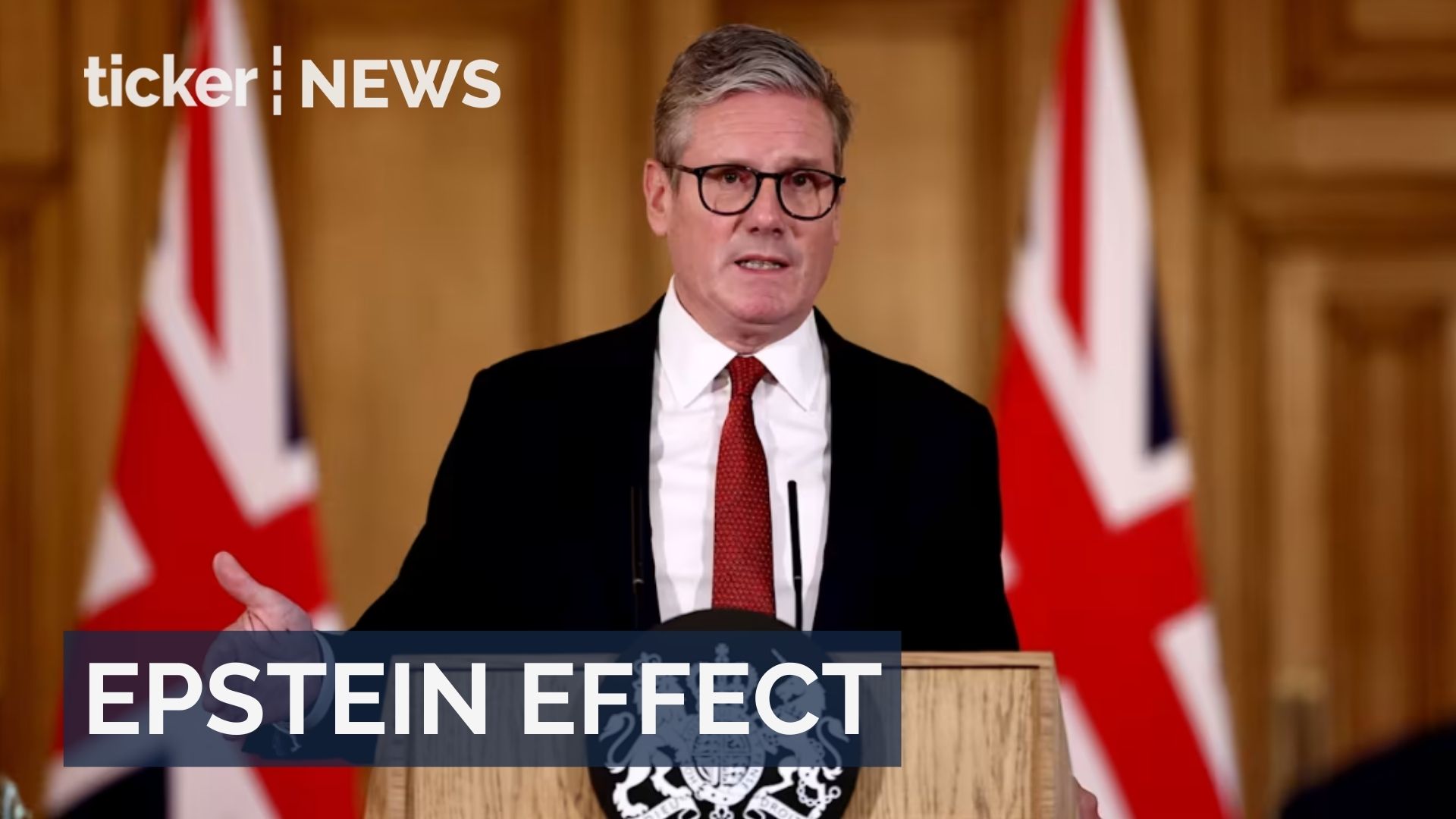Spain is shifting its foreign policy towards Africa while lobbying the EU and NATO for support to address migration from the continent, aggravated by the Ukraine invasion, two senior government officials and two diplomatic sources told Reuters.
They were trying to reach Europe, and some paid with their lives.
The deaths of at least 23 people as they tried to cross into Spain’s North African enclave Melilla on Friday (June 24) is a grim reminder of the perils of migration, that also include dangerous sea crossings.
However Spain is hoping a new strategy will help keep migrants from danger, says foreign minister Jose Manuel Albares.
“We cannot allow the Mediterranean, through Libya, Morocco and other countries, the Atlantic, the route between Africa and the Canary Islands, to become enormous tombs where every year thousands of human beings die when all they aspire to is a better life.”
Parts of Africa are facing a hunger crisis exacerbated by the war in Ukraine, which has disrupted grain exports.
Moscow denies responsibility for the food crisis, blaming Western sanctions.
Two diplomatic sources said Spain, its southern neighbors, and EU officials are increasingly worried the situation will trigger chaotic migration from the Sahel and sub-Saharan regions.
They say numbers are already on the rise.
Even before Russia’s invasion of Ukraine, which it calls a “special military operation”, Spain’s Socialist Prime Minister Pedro Sanchez had revived a policy mothballed by previous governments, according to two officials close to him.
It centers on working with African partners to contain migration and to tackle root causes such as instability and climate change.
“We are looking for good relations with all the neighbours around us and jointly managing phenomena that no one, not even the most powerful state on the planet, can deal with on its own.”
The two diplomatic sources said Spain will use a NATO summit in Madrid this week to press its case and is likely to ask for increased intelligence sharing, including on issues related to migration.
It also wants to secure a commitment for better policies on “hybrid threats” including the possibility that irregular migration is used as a political pressure tactic by hostile actors.
The government has also sent a bill to parliament that would mark a significant expansion of existing funding for migration control to eight African countries.
However, human rights groups and migration advocates say Spain’s quest to outsource enforcement has put vulnerable people in the hands of security forces in countries with a history of abuses and heavy-handed policing.
The deaths on Friday, which were protested in Madrid at the weekend, came after clashes with Moroccan security forces when around 2,000 people tried to cross into Melilla.
A Moroccan official said security personnel had not used undue force.
The Moroccan Association for Human Rights and Spanish migration charity Walking Borders said on Saturday (June 25) the incident was a “tragic symbol of European policies of externalizing borders of the EU”.
Sanchez’s office did not immediately reply to a request for comment.




 News4 days ago
News4 days ago


 Tech5 days ago
Tech5 days ago


 News5 days ago
News5 days ago


 Ticker Views5 days ago
Ticker Views5 days ago


 Ticker Views2 days ago
Ticker Views2 days ago


 Money5 days ago
Money5 days ago


 Tech2 days ago
Tech2 days ago


 Money5 days ago
Money5 days ago





